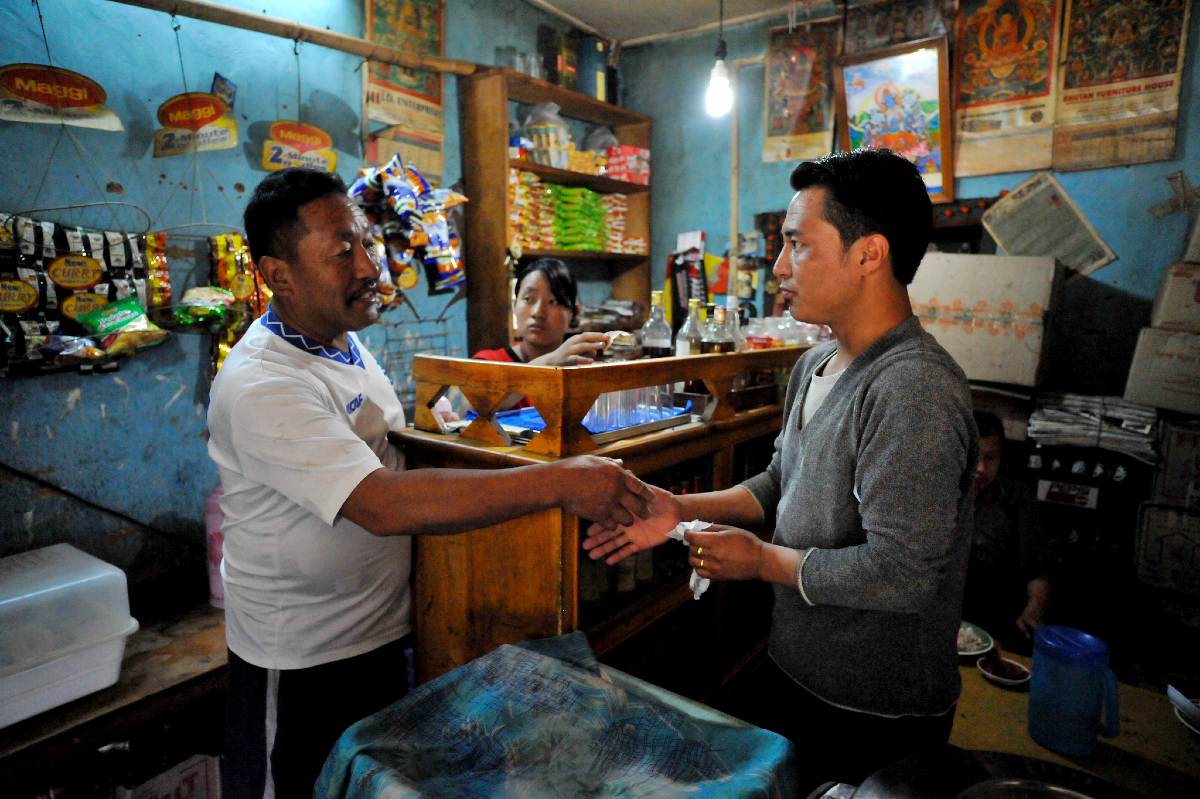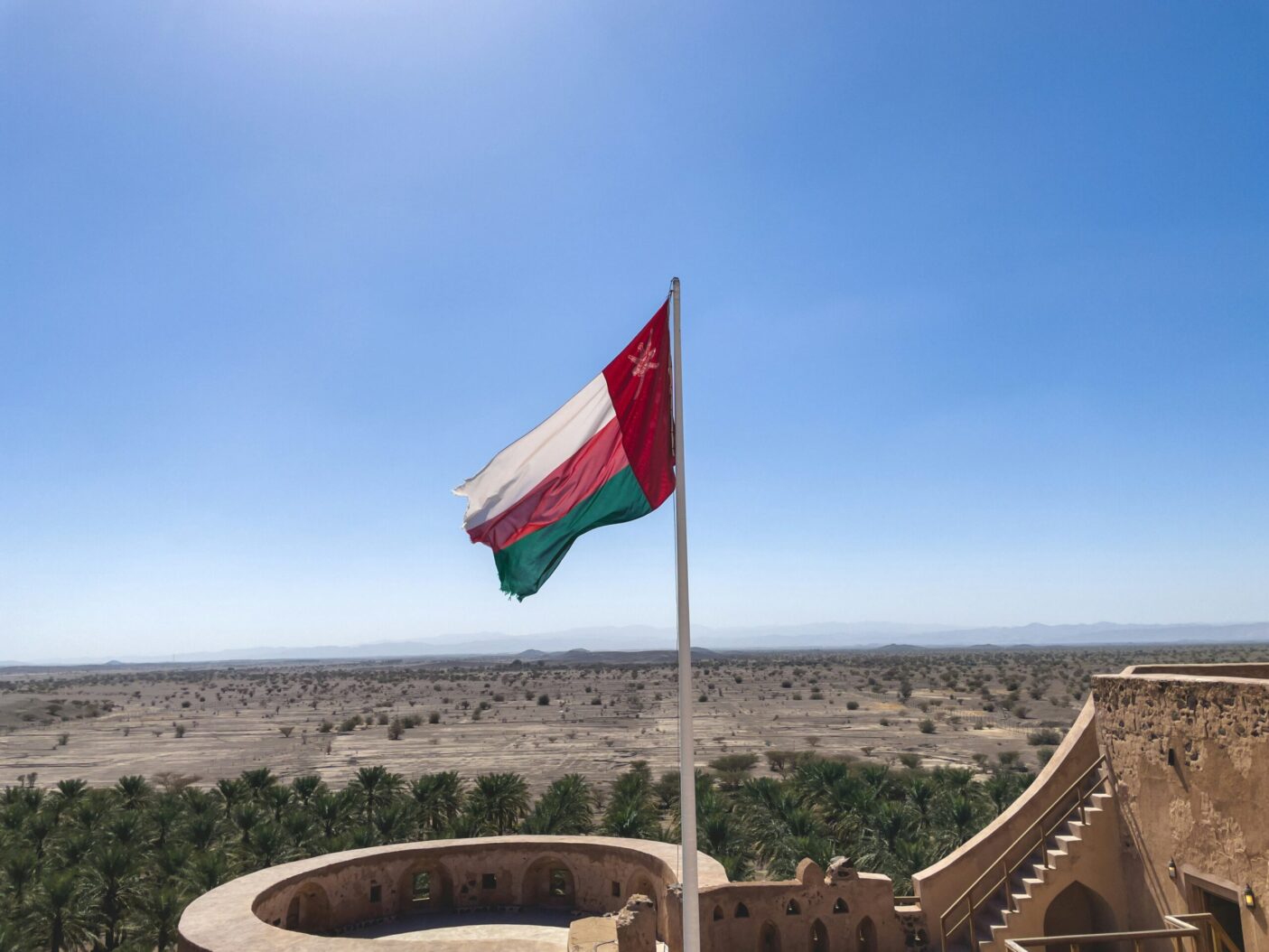
Can a more secure financial system help raise Bhutan’s Gross National Happiness?
By Kanokpan Lao-Araya, Carlo Antonio Garcia
Bhutan is working to decrease opportunities for money laundering while increasing the security of the financial system.
Bhutan is famous for using “Gross National Happiness” – Gyalyong Gakid Palzom, formally enshrined in its 2008 Constitution – as its national goal. However, recent developments in its financial sector have complicated the country’s pursuit of national happiness.
Three decades of rapid economic growth have lowered the national poverty rate. That is positive news, but better security and infrastructure are needed as more money enters Bhutan’s finance sector. New financial instruments, especially rapidly evolving digital platforms, have entered the market, exposing the country’s financial system to global risks.
Bhutan also needs to develop its financial market and enhance its regulatory framework to mitigate the risk of money laundering, terrorism financing, fraud, cybercrime, and other financial crimes that could destabilize the financial system.
Fortunately, the government has recognized this and is working to address these issues. Working with development partners to determine weaknesses in their financial sector, Bhutan’s government realized that protecting their economic gains should be in harmony with securing their national financial system.
The Royal Monetary Authority, Bhutan’s central bank, assumed the domestic leadership role in implementing the Financial Market Development Program, a medium-term roadmap to reform, stabilize, and strengthen the country’s financial infrastructure and policies. To ensure the sustainability of the program, the Bhutanese authorities are committed to incremental reforms to achieve these objectives in phases, with technical assistance from ADB and other development partners.
In addition, Bhutan’s legislature passed the Anti-Money Laundering and Combating the Financing of Terrorism Act 2018. This requires the Bhutanese financial system to enact reforms to comply with the standards of the Financial Action Task Force, which sets international standards to counter money laundering and terrorism financing. The law was one of the foundations of reforms in the financial sector.
Along with adopting global standards, the central bank created a capacity-building program to increase financial literacy skills for the greater population, especially for rural borrowers and vulnerable sectors like the poor, the youth and women.
Increased financial literacy will help the people of Bhutan to understand their rights and responsibilities under the banking system, especially since digital banking has opened up new credit and other economic opportunities that were unavailable in traditional banking systems.
In July 2020, the Royal Monetary Authority launched the Bhutan Financial Intelligence Analysis System, an automated digital platform that allows seamless reporting of financial transactions equal to or greater than the threshold of Nu 300,000 or approximately US$4,100.
The system strengthens Bhutan’s financial integrity and enhances anti-money laundering capacities by allowing reporting entities to report suspicious transactions directly to the Financial Intelligence Department of Royal Monetary Authority, which can pass the information to law enforcement authorities, if needed, in real time, with all the required data.
Bhutan is aware that much still needs to be accomplished. The Royal Monetary Authority has continued implementing incremental reforms, including in the areas of fintech (specifically IT auditing roadmaps and cybersecurity); housing finance; risk management and the insurance industry; stock market trading and equity issuance regulations (via the Royal Securities Exchange of Bhutan); and financial literacy (through a number of channels of consumer groups, cooperatives and microfinance institutions).
If the reforms continue with the same determination and focus that Bhutan demonstrated initially, there’s no question the country can bring in even more Gyalyong Gakid Palzom – and a renewed sense of security – to Bhutan’s financial system.
Source: https://blogs.adb.org/blog/can-secure-financial-system-help-raise-bhutan-s-gross-national-happiness






